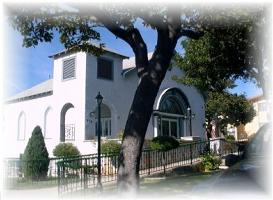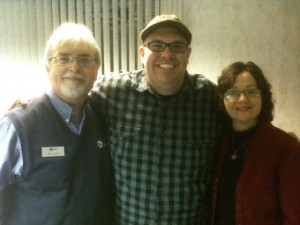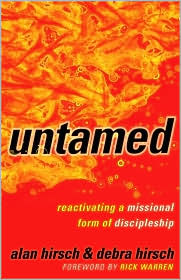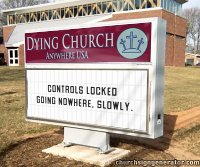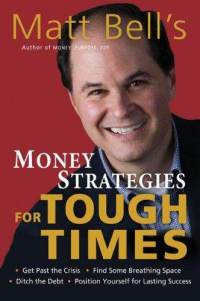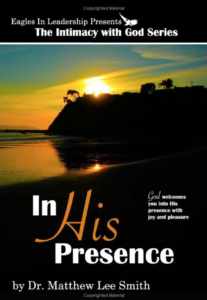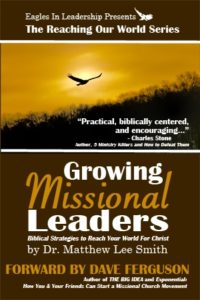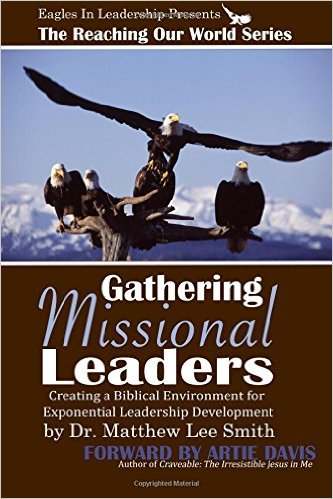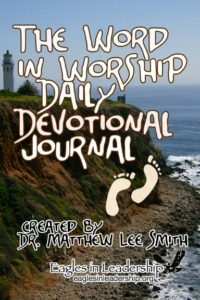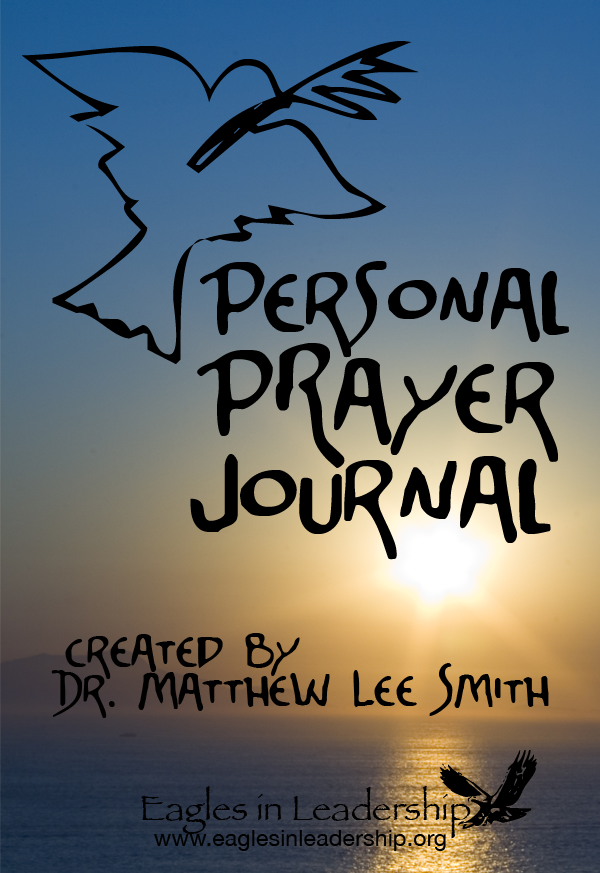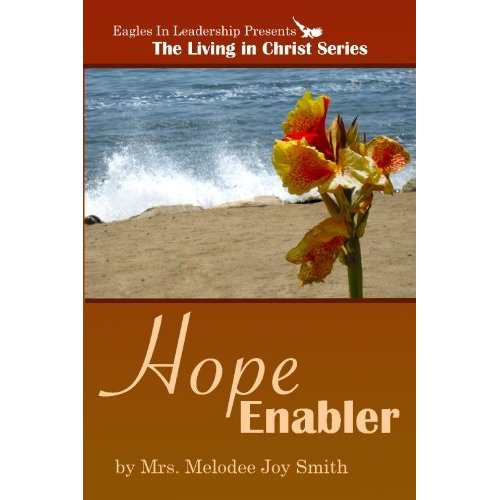 In a recent article in the California Southern Baptist, Mark Kelly reported that Focus 21 Task Force Chairman E. Glen Paden, a retired pastor and president emeritus of California Baptist Foundation, said committee members agree dramatic changes are needed to take the gospel to more than 37 million Californians-at least 60 percent of whom will be non-Caucasian in 25 years.
In a recent article in the California Southern Baptist, Mark Kelly reported that Focus 21 Task Force Chairman E. Glen Paden, a retired pastor and president emeritus of California Baptist Foundation, said committee members agree dramatic changes are needed to take the gospel to more than 37 million Californians-at least 60 percent of whom will be non-Caucasian in 25 years.
“We see that happening in the public school population among the young people here, and if we don’t set our sails to our future residents in this state, recognizing this change that’s occurring, we definitely will miss the boat,” Paden said. “There is no question in my mind that, not only here but all across our Southern Baptist Convention, changes are needed.
Eagles in Leadership would ask you to read the following paragraph very closely …
“We are basically an agrarian-structured denomination, and our structure and frame-work of our convention life have not changed very much, even though the world has changed significantly,” Paden added. “The geography from which our denomination was constructed was so limited, and now through electronic media and other ways, those lines have all gone, but we still maintain those structures.”
Urban centers are so radically different from agrarian society that we must think new thoughts if we are to do more than have a token presence in the city!
That’s our thoughts and we would love to hear yours!
<<<<<<<<>>>>>>>>
Original quotes from an article entitled, CSBC task force to bring recommendations By Mark Kelly in the California Southern Baptist, Volume 70, October 2011, Number 10.

